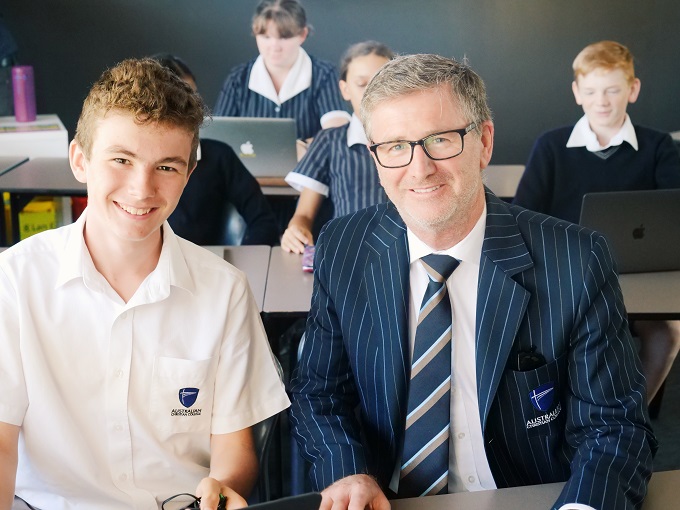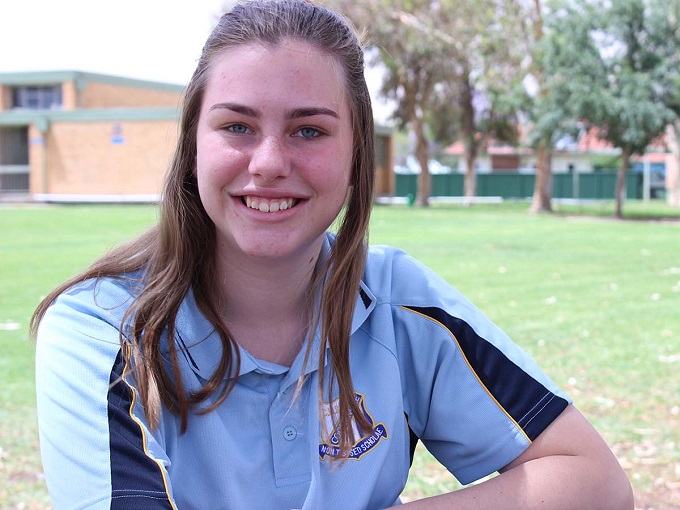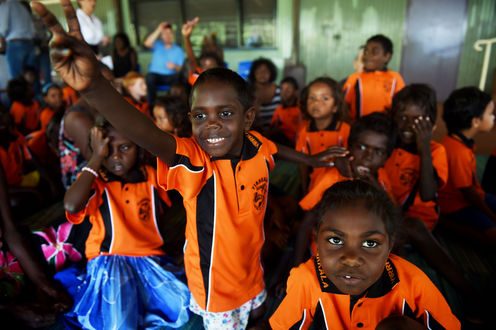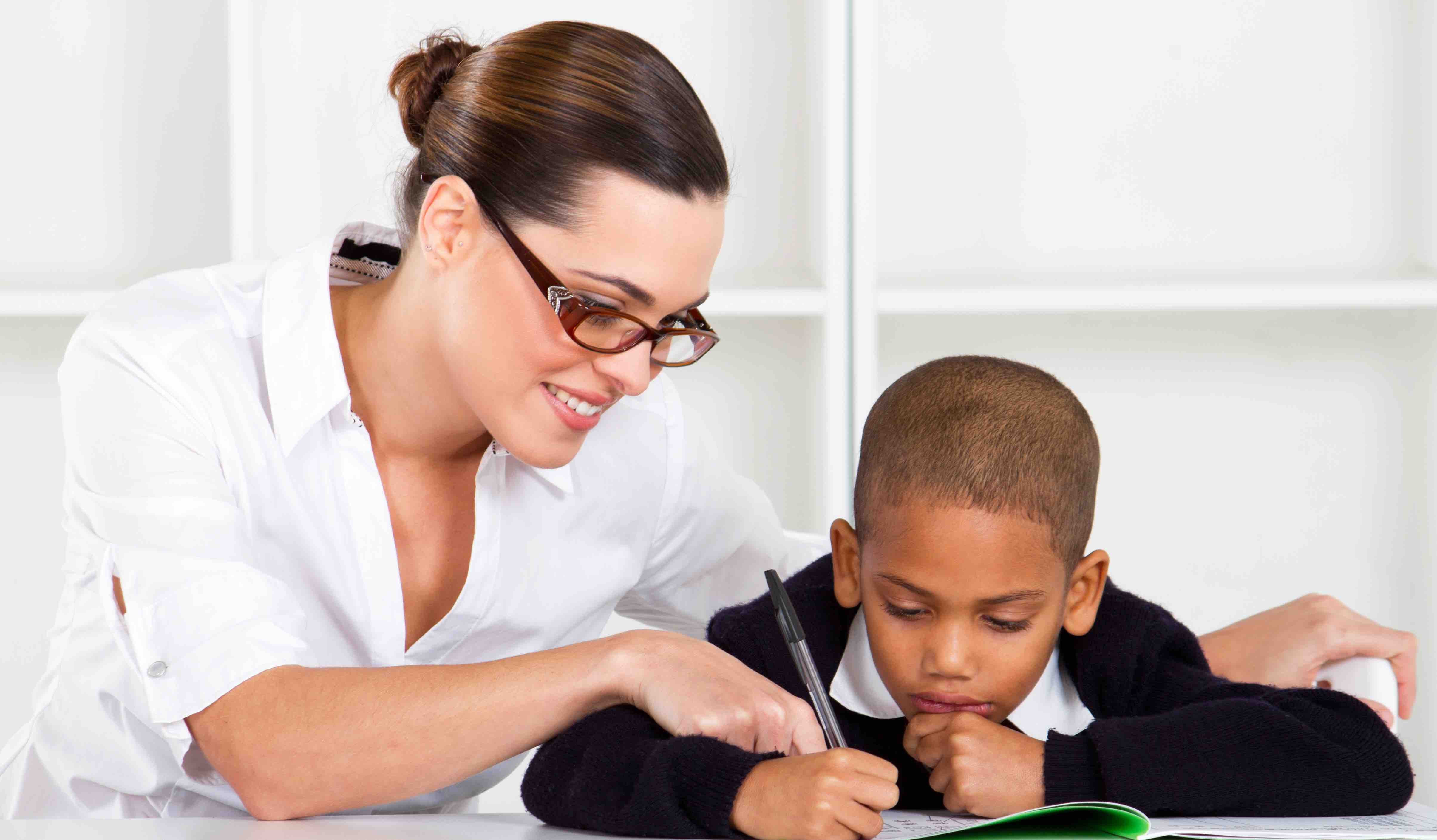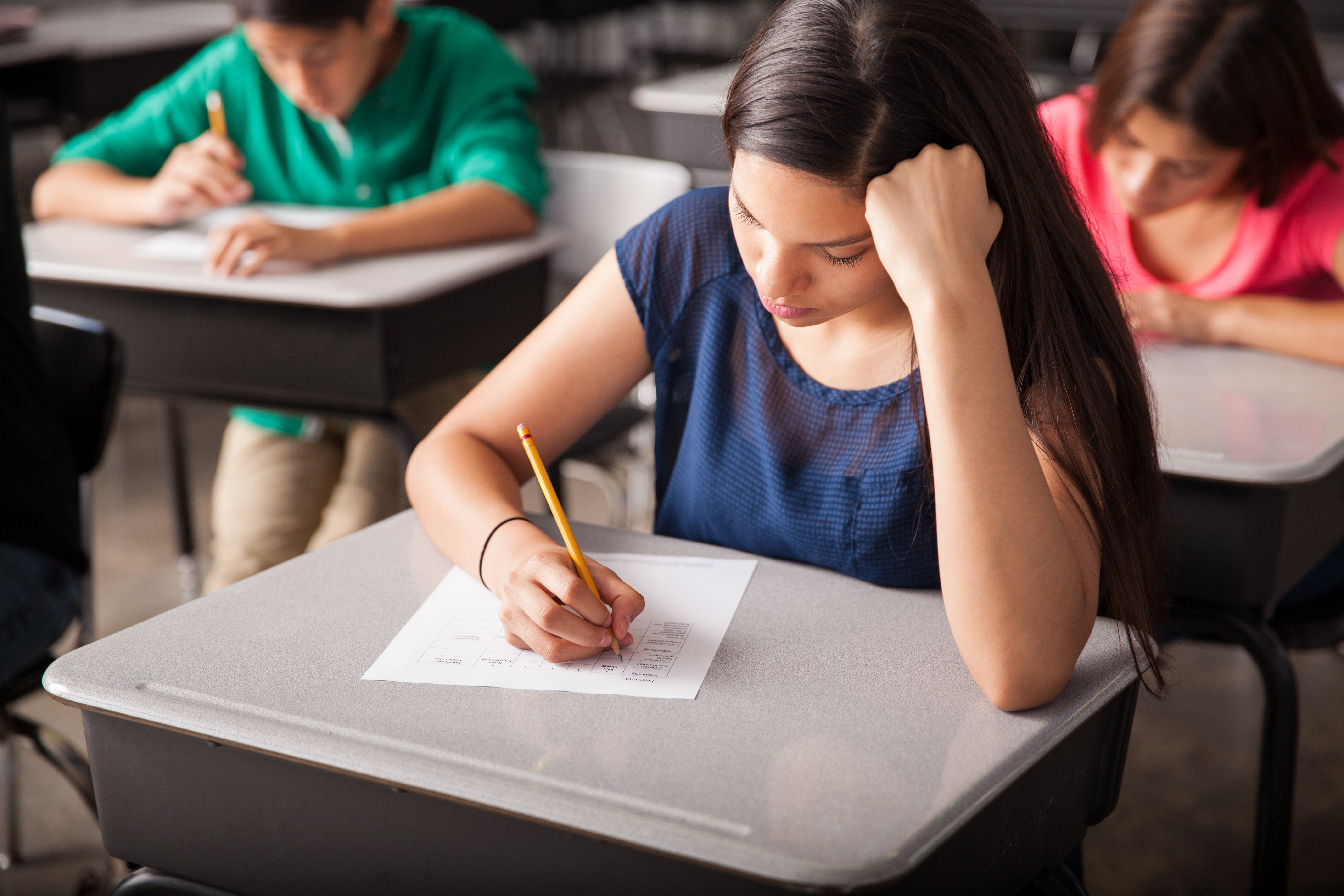Five tips to help year 12 students set better goals in the final year of school

Joanne Dickson, Edith Cowan University
The final year of high school is one of the most significant transition periods in a young person’s life. One of the least enjoyable by-products is the stress associated with year 12 – the daunting sense that it’s all come down to this.
Anxiety is already one of the most common disorders among young people, but it can be particularly bad in year 12. Even moderate levels of anxiety can negatively impact a young person’s social functioning, relationships, performance at school and social adjustment.
Emerging research increasingly shows personal goal setting and motivation is tied to well-being and anxiety. But while there is substantial evidence to show pursuing goals is associated with well-being, setting goals itself is not a cure-all. How you set goals, think about them and pursue them can either promote well-being or worsen anxiety.
Focus on a positive target
Research shows our goals are set as either “approach-oriented” or “avoidance-oriented”. Approach-oriented goals focus on a positive target and involve trying to move toward this desirable outcome. For example, “I want to strive to get over 80% in biology.” Avoidance goals focus on avoiding negative outcomes. For example, “I want to avoid getting below 80% for biology.”
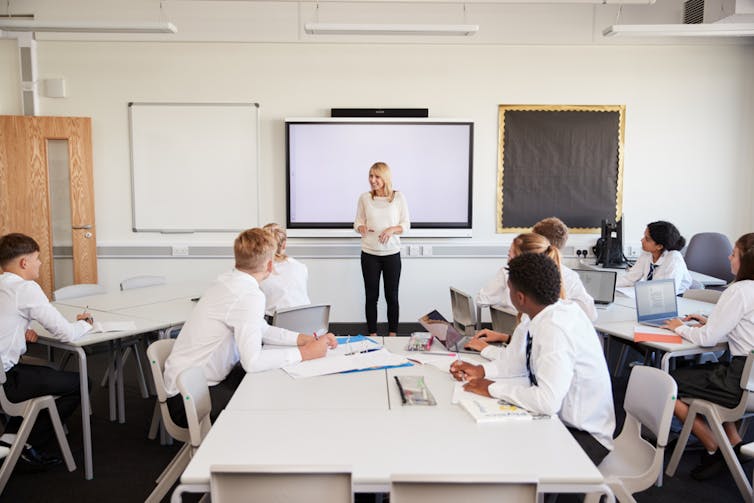
These two goals are essentially the same in content, but evidence shows people who set approach-oriented goals report better well-being. The tendency to predominantly set avoidance-oriented goals is associated with anxiety. Focusing on avoidance goals is more taxing and stressful. You typically have to monitor and prevent all the possible ways the negative outcome might happen.
Goals need to be meaningful and freely chosen
It’s important to think about why you set and pursue certain goals. Goals that are genuinely meaningful, rewarding, aim to fulfil your personal hopes/desires and are freely chosen represent internalised self-motivated goals and promote well-being.
On the other hand, goals that are a product of external or situation-specific pressures (such as perceived expectations of parents or society) have been linked with stress and anxiety. Research also indicates people who pursue goals for controlled or external reasons tend not to experience increases in well-being, even when they make progress.
Make sure your goals aren’t too general
Compared to overly generalised goals (such as “to try hard”), specific goals (for example, “to set aside four hours each week to try and achieve a 70% grade in maths by the end of term three”) are more likely to be achieved. Specific goals provide more mental cues to keep you on track and help monitor personal progress towards a goal.

Similarly, the more specific a person’s goal plans are, the better. Goal plans should include smaller goals to help reach a particular goal. So, for example, successful study plans might include “to set aside two hours each night”, “to study in the library” and “to reward weekly tasks with some Netflix time”.
Flexibility is key
Inflexible goal-setting or having no “give” within a set of goals can set up a path to failure and is thought to maintain psychological difficulties. Sensible goal-making ensures you set realistic goals, which may mean adjusting your goals at times so they’re achievable.
A goal may serve to enhance the pursuit of other goals, such as “to keep fit” and “to eat healthily”. But at other times a goal may conflict with the pursuit of other goals – a goal to “spend more quality time with my friends” may conflict with a goal to “spend more time studying”. People typically have a limited set of personal resources such as time and energy, so it may be necessary to prioritise particular goals so they are achievable.
Alternatively, if a goal is unattainable, research indicates giving up is beneficial if it leads to the pursuit of a new, meaningful goal. This can reduce psychological distress and increase your sense of well-being.
Flexibility in goal-setting means even if you don’t meet a particular goal, you can still work towards those more important, overarching goals such as developing a sense of self-worth and self-esteem. It’s not all or nothing.
Set goals outside of academic achievement too
For the final year of schooling, it’s important to set goals that aren’t only linked to academic aspirations. Emotional well-being doesn’t happen by accident. Having goals in other life domains such as leisure and recreation, health and relationships will help enhance your sense of well-being. These goals will help you navigate year 12 and beyond.

Research shows the pursuit of goals itself is good for you, whether or not you achieve your goal. It helps you develop a sense of identity, make positive adjustments in life and promotes psychological well-being and resilience.
Resources for students
Sometimes life can also get in the way of our goals. If you’re experiencing severe stress and anxiety, there are support contacts and resources available. For example:
- talking with a student welfare or pastoral care co-ordinator, school counsellor, a trusted adult or friend
- phone support such as Lifeline (13 11 14)
- online support services such as Beyond Blue and Headspace.
Joanne Dickson, Associate Professor of Psychology, Edith Cowan University. This article is republished from The Conversation under a Creative Commons license. Read the original article.

